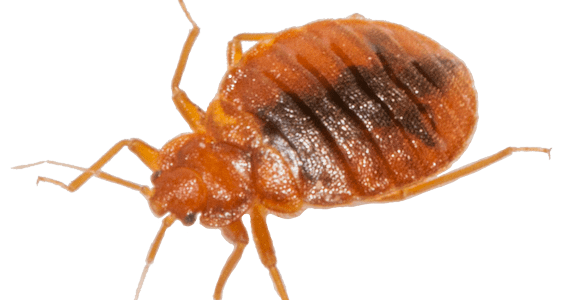What Do Bed Bugs Do When Their Human Host Is In His/Her Deepest State Of Sleep During The Early Morning Hours?
Unlike many parasitic organisms, bed bugs do not remain attached to their blood host at all times; instead, they secretly cohabitate with their human host by hiding in concealed spaces located in close proximity to their host’s bed. These hiding spots include wall voids, behind outlets, in mattress lining, in between cushions, and in carpeting beneath beds. Bed bugs remain within their harborages all day, and they emerge only between 1:00 and 5:00 AM in order to feed on the blood of their human host.
The survival of bed bugs as a species depends on their ability to successfully extract human blood without inflicting sensations that would awaken their host. Bed bug saliva contains anaesthetic compounds that numb human skin, allowing bed bugs to inflict bites that go unnoticed by their host. In order to expedite their blood-feeding session, bed bugs also inject enzymes containing nitrophorin and nitric oxide, which prevents blood clots and dilates arteries to increase blood flow. After feeding for a period lasting between 3 and 20 minutes, bed bugs increase in size by 50 to 200 percent as a result of consuming a large amount of blood. After a single feeding session, an adult bed bug can survive for a year without collecting any additional blood meals.
After feeding and before sunrise, bed bugs return to their harborages, and their human host generally wakes up to itchy bug bites that seem to have appeared out of nowhere. Since bed bugs are highly skilled at remaining out of human sight within infested homes, waking up with irritating bites is the most common first sign that a bed bug infestation has been established. However, discerning between bed bug bites and other insect bites is tremendously difficult, as bed bug bites appear identical to most common insect bites. Some bed bug bite victims may develop intense skin irritation and even necrotic lesions, and in some cases, vasculitis, which is an allergic reaction that prompts the immune system to attack blood vessels, resulting in inflamed veins, capillaries and arteries. Around 30 percent of individuals never develop a sensitivity to bed bug bites.
Have you ever woken up in the morning to find mysterious bug bites?


Comments are closed.